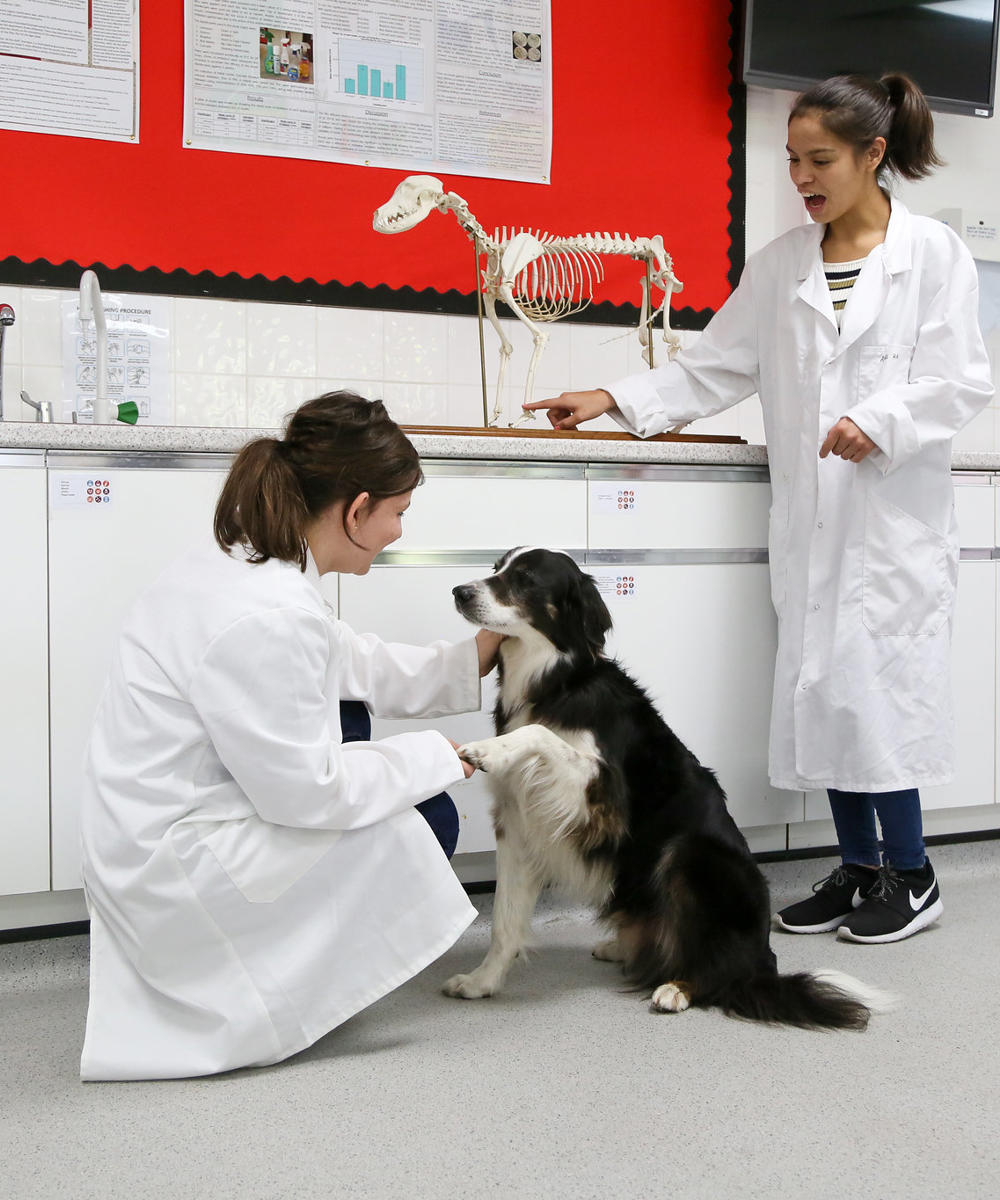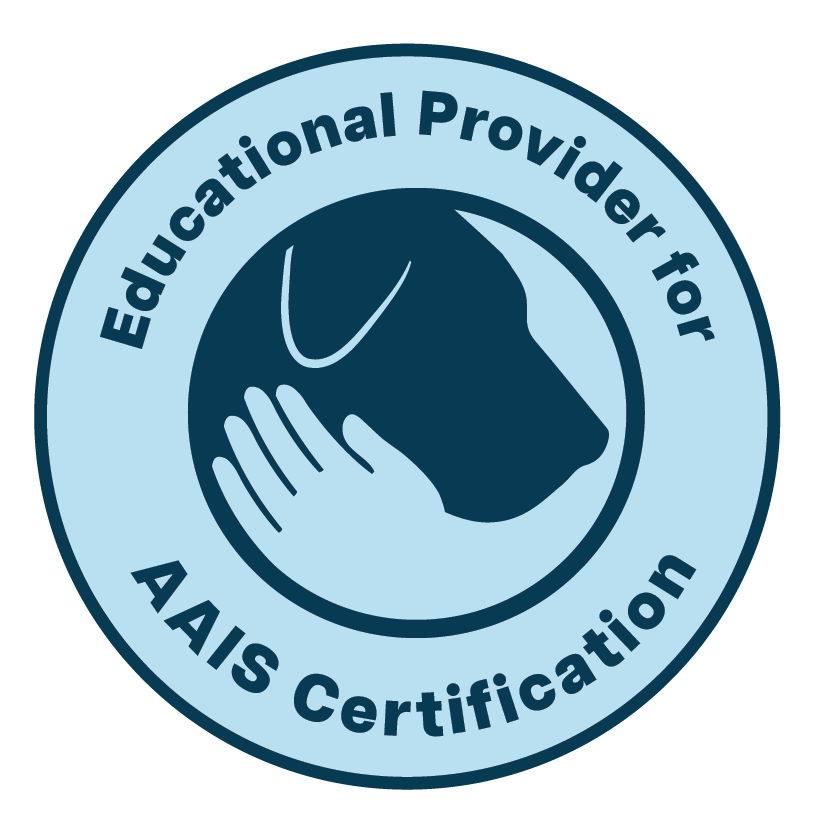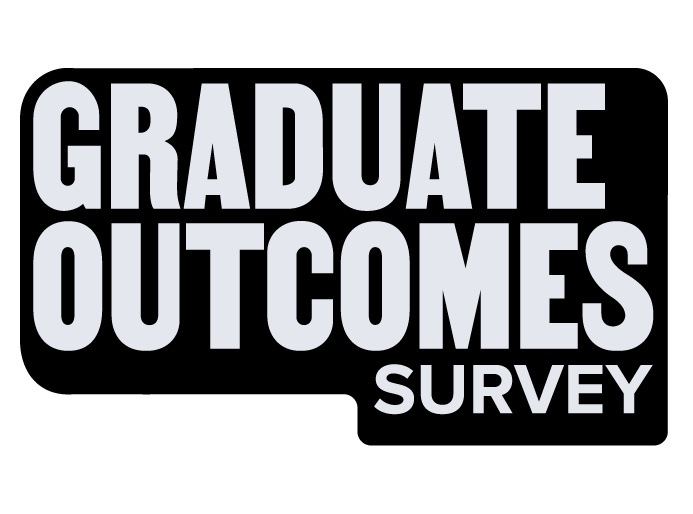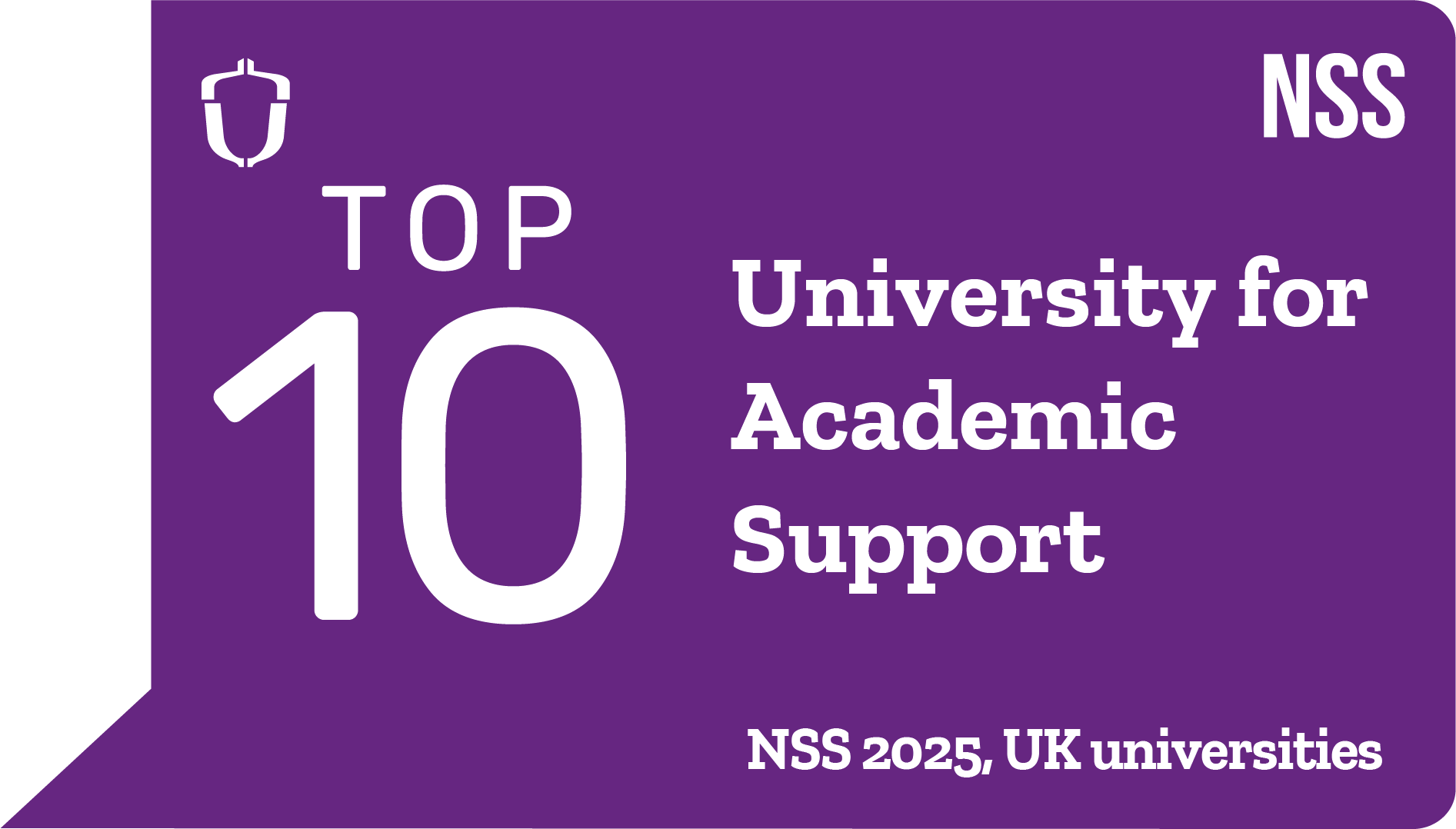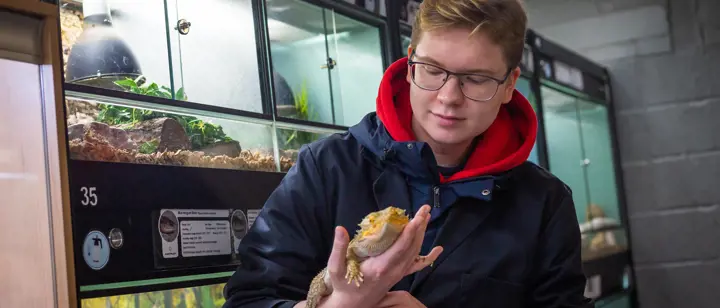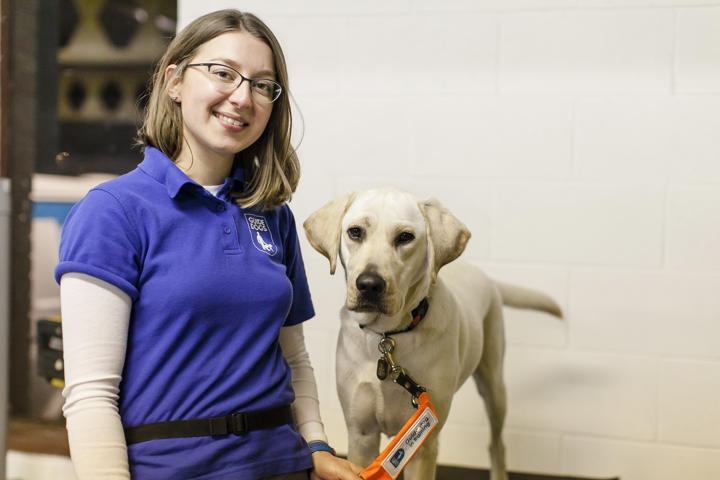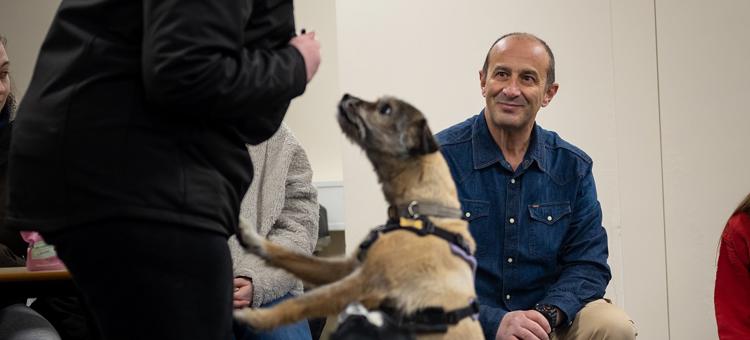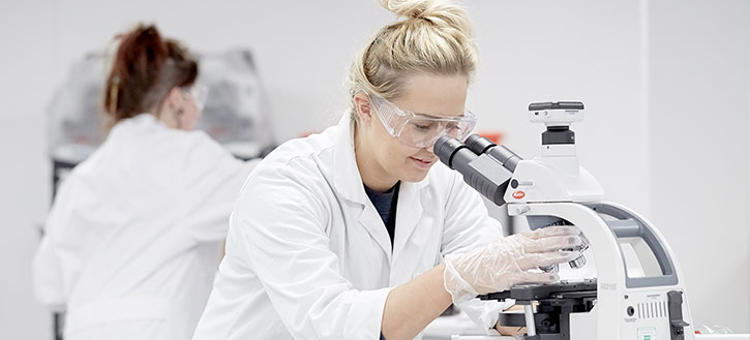You’ll explore this relationship and learn how to manage, protect and promote our mutual bond to enhance people’s lives, animal welfare and the environment. Our 70-species Animal Collection will provide opportunities to interact with different animals and observe this relationship first-hand.
You’ll explore the human-animal bond in terms of human psychology, and consider the complexities of our interactions with animals; such as their roles as resources or in enhancing our learning experiences and wellbeing. You’ll study the fundamentals in animal health, behaviour and welfare, to understand the needs of animals.
The human-animal bond is key to success in so many industries, and so your career options are excitingly diverse.
Graduates can confidently apply their knowledge of psychology, animal behaviour, and anthrozoology to the ethical and sustainable practice of interactions between humans and animals from small scale practical management through to wider impacts on both people and animals within society.
UCAS tariff points | 104 UCAS tariff points.
A Levels | BCC or equivalent from at least two full A Levels.
Vocational Awards | DMM in an Extended Diploma in a relevant subject.
Access | 104 UCAS tariff points in an Access to Higher Education Diploma.
International Baccalaureate | 104 UCAS tariff points in an IB Diploma, to include two Highers at H3 or above.
Scottish Highers | 104 UCAS tariff points from at least two Highers. You must have completed two years study at Higher Level.
Irish Leaving Certificate | 104 UCAS tariff points from at least two Highers.
T Level | An overall grade of Merit, to include grade C or above in the Core component.
Additional Information
In addition to the above, we require a minimum of five GCSEs at grade 9-4 (A*-C), to include English and Maths. We will consider equivalencies including but not limited to functional skills level 2, Irish Ordinary level, National 5s, IB standard level.
We will consider combinations of level three qualifications.
We welcome applications from individuals with equivalent, non-UK qualifications and mature students (over 21). We may interview as part of the application process.
The minimum academic entry requirement for this programme is 80 UCAS tariff points, providing this is combined with relevant experience.
Email us
Your support network
You'll benefit from a strong support network from day one to be the best you can be. This will range from your personal tutor and specialist academic support team (our Achievement and Success Centre) to dedicated wellbeing and employability (Innovation, Careers and Enterprise) centres.
Academic support
You’ll have your own personal tutor while you’re here who will support you to succeed in your studies. You’ll also have access to our academic and wellbeing support teams who run regular workshops and one-to-one sessions on campus and online.
Alongside this, we have a comprehensive bank of online study skills resources to help you make the most of your qualification.
Your learning experiences
You'll experience a range of teaching methods to strengthen your digestion of topics, including lectures, workshops and practical sessions, as well as supported work placement learning as part of many courses.
Your career
Each year of your course will be made up of two semesters, within which you’ll study compulsory and optional modules on different industry-focused topics, enabling you to develop your own unique portfolio of knowledge, skills and experience, ready for your career. The course is taught in English.

